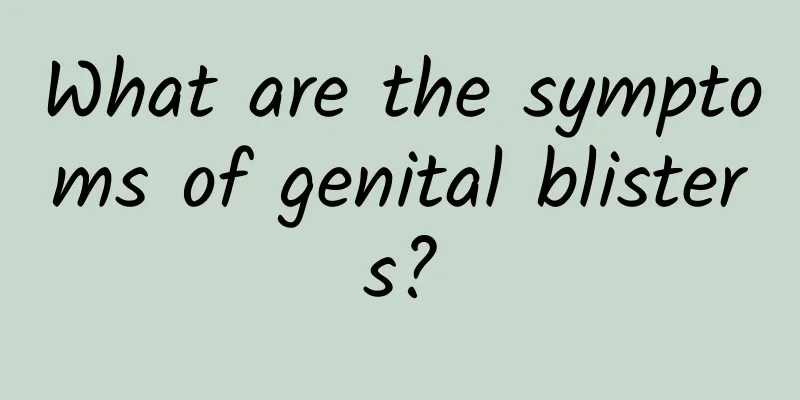What to do for testicular pain

|
Most people with testicular pain should be suspected of orchitis. Both bacterial and viral infections can cause this disease. However, the probability of bacterial infection in the testicles is very small in clinical practice. Bacteria can infect through wounds, and then enter the testicles through lymphatic and blood circulation to cause inflammation and pain. The incidence of orchitis is between 12% and 18%, and it is often accompanied by mumps. The pathogens of orchitis are mainly streptococci and staphylococci. Testicular pain should be checked promptly. First, do a self-examination of the testicles, loosen the scrotum and testicles, so that you can feel lumps and abnormalities. When checking, stand on both feet and feel for lumps or other abnormalities. Normal testicles are oval, smooth, and of medium hardness. After local examination, the lumps in the scrotum on both sides can be roughly distinguished between benign and malignant lesions. After the testicular tumor is suspected, it is not advisable to perform a local puncture biopsy of the testicular tumor because it is more likely to cause tumor metastasis. The nature of the testicular tumor must be confirmed by the pathological report after surgery. B-ultrasound examination can more accurately measure the size and shape of the testicles and whether there is a tumor. For patients with cryptic testes, they can understand the development of the testicles and whether they are enlarged or malignant. Blood tests, if the tumor markers human chorionic gonadotropin (HCG, normal value <5 micrograms/liter) and alpha-fetoprotein (AFP normal value <25 micrograms/liter) are higher than normal, further examination should be performed. Chest X-ray examination includes fluoroscopy or chest radiography. Computed tomography (CT) and magnetic resonance imaging (MRI) can more accurately determine whether there is retroperitoneal metastasis, which is particularly helpful for patients who have not yet undergone occult testicular removal and may have already developed malignant changes. Testicular pain should be checked in time, and the disease should be treated early if it is found. This disease can cause many complications in patients, such as varicocele or prostatitis, which can be triggered by testicular pain. In addition, if testicular pain is not checked and treated in time, male sexual function will gradually decrease, and severe sexual function will be completely lost, and it is easy to cause male azoospermia or necrospermia. If the pain is caused by infection, the infection can be transmitted to the spouse through sexual behavior. |
<<: Causes of elevated prolactin in men
>>: How to treat testicular pain
Recommend
How to treat testicular itching? Symptomatic treatment is very important
Do you feel unbearable itching in the testicles, ...
What causes male testicular swelling and pain?
As a unique sexual organ of men, male testicles h...
Causes of nighttime ejaculation
In daily life, as people are under greater pressu...
Erection and long-lasting training methods, these three methods are the most effective
For men, a strong body will also allow them to la...
Is the foreskin inhibitor useful?
Phimosis is a common symptom in daily life. For m...
What are the main causes of poor sperm quality?
Nowadays, people often worry about not having chi...
Can men become frigid when they are under a lot of pressure? Four factors that cause frigidity
Because the pace of modern social life is very fa...
Mycoplasma prostate treatment
Prostate problems have always been a problem for ...
How to treat joint cysts? How to treat joint cysts?
Joint cysts are mostly caused by severe arthritis...
How can boys exercise to lose weight?
Nowadays, many people have bad living habits, suc...
Men's health care methods in autumn
Many people often catch colds and fevers in autum...
How long does it take to recover after the bandage cutting surgery?
Phimosis is actually a physiological phenomenon t...
What causes a bloated belly?
A man's lower abdomen is swollen, which is of...
How to train a man's "hardness"?
From the perspective of sexual satisfaction, the ...
What to eat to improve sperm survival rate? High-quality protein foods are best
More and more couples are unable to have children...









